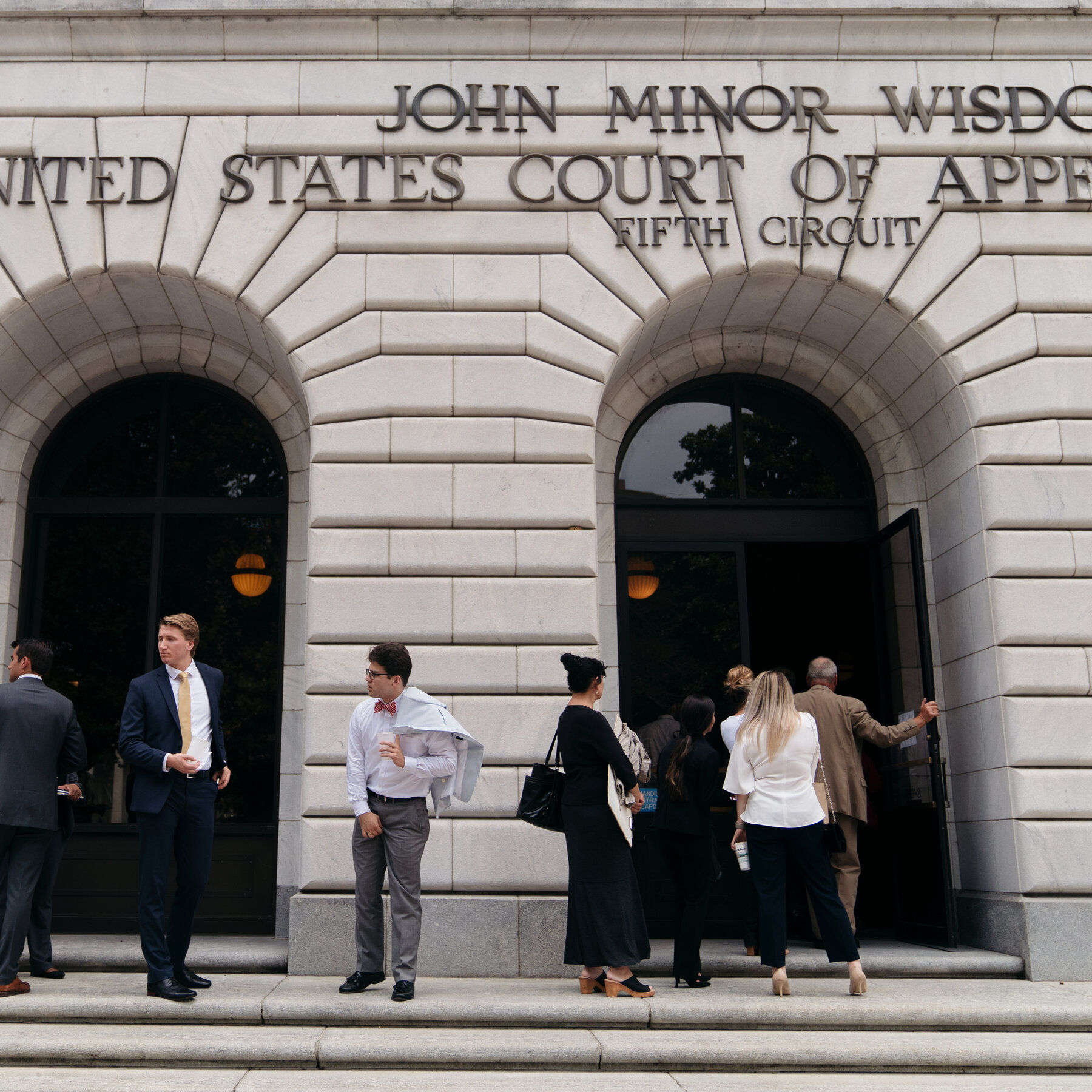A ruling from the U.S. Court of Appeals has effectively blocked former President Donald Trump from utilizing the Alien Enemies Act to deport Venezuelan immigrants. This decision represents a significant setback for the Trump administration’s ambitions regarding mass deportations, which have been a central aspect of its domestic policy.
The appeals court’s ruling, issued on September 30, 2020, confirms a lower court’s previous decision that deemed the application of the Alien Enemies Act in this context unconstitutional. The administration had sought to classify Venezuelans as “enemies” of the state, which would have allowed for expedited deportations under the law.
Legal Implications and Background
The Alien Enemies Act, enacted in 1798, permits the government to detain and deport non-citizens from nations at war with the United States. Critics argue that applying this law to Venezuelans, who are fleeing a humanitarian crisis, undermines its original intent and violates their rights.
In its ruling, the court emphasized the need for due process and the protection of vulnerable populations, such as those fleeing political persecution. “This ruling affirms the principle that our legal system must protect those in need, regardless of their nationality,” stated a spokesperson for the U.S. Department of Justice.
The legal battle surrounding this issue has broader implications as it touches upon immigration policies and the treatment of asylum seekers within the United States. The Trump administration has faced mounting criticism for its hardline stance on immigration, particularly regarding vulnerable groups.
Reactions from Advocacy Groups
Advocacy organizations have welcomed the court’s decision, describing it as a victory for human rights. Many groups argue that Venezuelans fleeing their country’s dire conditions should be granted asylum rather than face deportation.
“Today’s ruling is a reaffirmation of the values we hold dear as a nation,” said Maria Rodriguez from the Coalition for Immigrant Rights. “We must ensure that those seeking safety and protection are treated with dignity and respect.”
The administration’s efforts to deport Venezuelans have been met with significant resistance, both in the courts and in public opinion. The ruling reflects a growing recognition of the complexities surrounding immigration and the need for a compassionate approach to those seeking refuge from violence and oppression.
As the legal landscape continues to evolve, the implications of this ruling may influence future immigration policy and the treatment of asylum seekers in the United States. The Trump administration’s efforts to reshape immigration laws face ongoing challenges, as courts navigate the balance between national security and humanitarian obligations.





































































